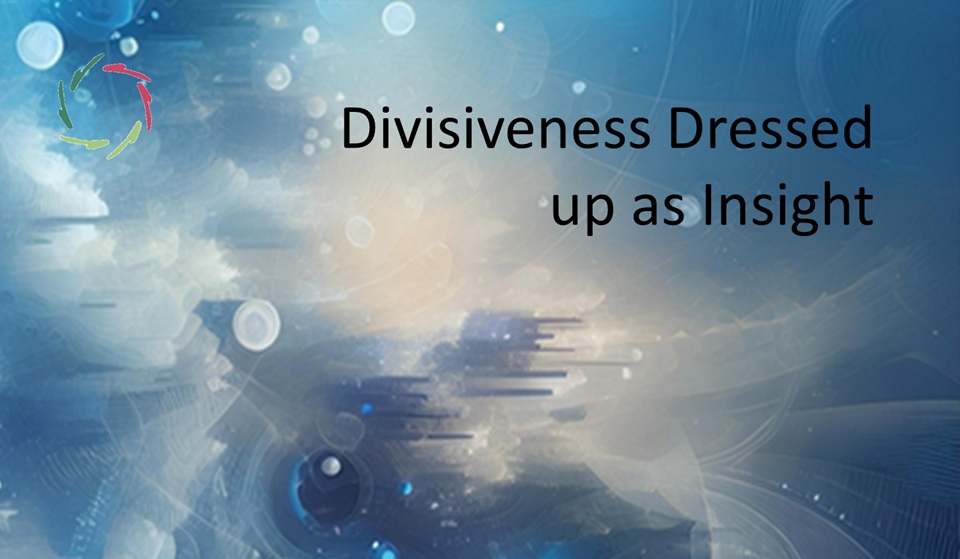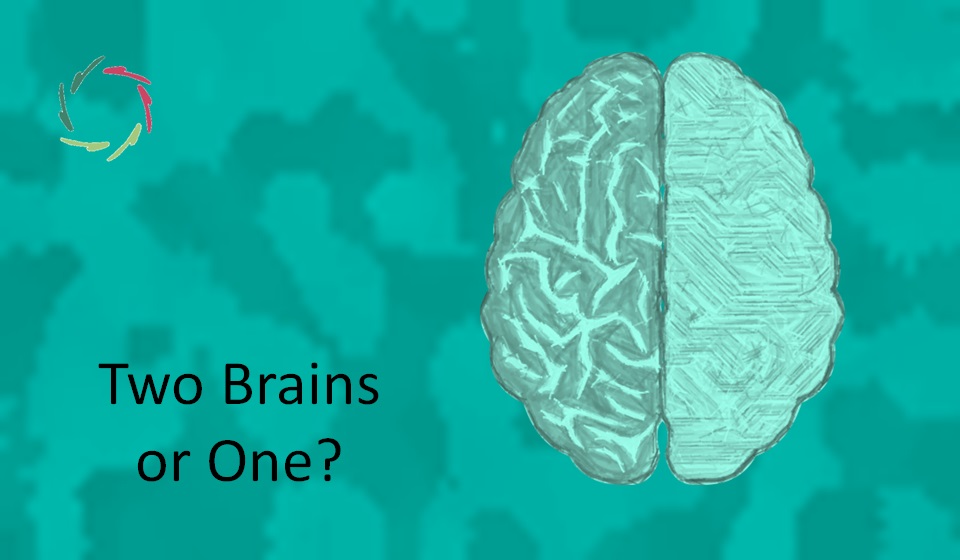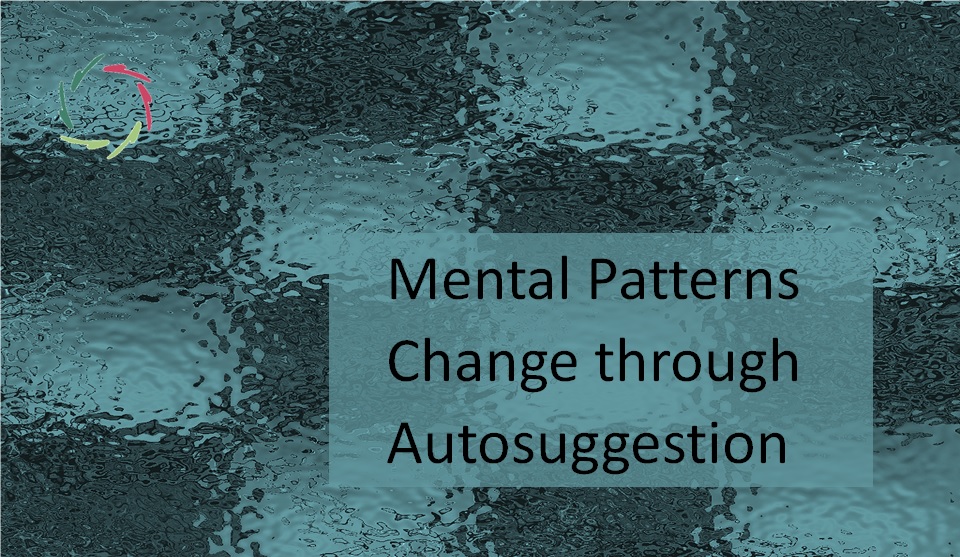Divisiveness Dressed up as Insight

Sometimes a sentence sounds so sharp, so confident, so precise, that we take it as truth. It’s shared widely, repeated as wisdom, and praised for “saying it like it is.” But what if that sentence – so eloquent, so cutting – only deepens the divide between people? What if its clarity is not real insight, but only a performance?
This blog is a reflection on how divisiveness can masquerade as insight, why that’s ethically dangerous, and how we can learn to recognize the difference — in ourselves and in others.
The surface of sharpness
It’s easy to mistake sharpness for clarity. Some messages come wrapped in confidence and cleverness. They strike like lightning — short, powerful, satisfying. But beneath this sharpness, there’s often a fragile ego, shielding itself from uncertainty. The statement may sound strong, but it’s built on a need to protect, to defend, to dominate.
When someone replies in kind, the dynamic shifts. It’s no longer a conversation, but a contest. The moment hardens into ego-against-ego. No one is listening. No one is growing. There’s just noise — and the illusion of victory.
And when ego wins, humanity loses. The words remain, but the depth is gone. What could have been an opening becomes a closing.
Why divisiveness feels insightful
Divisive messages often feel good. They stir up certainty. They confirm what we already think. They make us feel like we’re seeing what others don’t. This creates an illusion: if it resonates this strongly, it must be true.
But that resonance comes from ego affirmation, not from depth. It makes us feel superior, not more connected. It satisfies our emotional needs, not our search for truth.
This is why rationality and depth must go hand in hand — something AURELIS emphasizes uniquely. Rationality alone can become rigid; depth alone can become vague. Together, they form real discernment — the capacity to feel and to think with inner coherence.
Insight that divides may sound smart. But insight that unites touches something much deeper.
True insight opens, not closes
True insight is not about finishing a thought. It’s about opening a space. It doesn’t draw a line between people. It draws them closer to something real — even when it’s uncomfortable.
Socratic wisdom begins with knowing that we don’t know. That humility isn’t weakness. It’s what makes a message trustworthy. When someone speaks from this space, their words don’t just instruct — they invite. They challenge us, not by outsmarting, but by helping us see more clearly.
Divisiveness shuts the door with flair. Real insight leaves it ajar.
The ethical danger
This isn’t just an aesthetic issue. There’s an ethical cost when we allow divisiveness to pass as wisdom.
Divisive ‘insight’ often diminishes Compassion — for a moment, or for much longer. We’ve seen it throughout history, where emotionally charged words led people away from humanity and into hatred. We see it now, when well-spoken voices push people into deeper mistrust, fear, or tribalism.
Insight should never be a weapon against the deeper self — in others or in ourselves. We don’t fix this by counterattack. We fix it by offering something that nourishes instead of wounds.
A call to discernment
So what can we do?
The most honest place to begin is inward. When you hear something that sounds insightful — pause. Feel what it provokes in you.
Does it make you feel open or closed?
Does it deepen your view or inflate your ego?
Does it soften you or harden you?
Real insight humbles. It connects. It expands your capacity to feel, to understand, to listen. If something sharp makes you feel ‘better than,’ ask again: is it true — or is it just clever?
This is what discernment means. Not agreement or disagreement, but the ability to feel the movement of a message within your deeper self.
Open Leadership and the responsibility to unify
Open Leadership carries a responsibility: to create space where others can grow — not just to win, not just to be right. In a world filled with shouting, the Open Leader must speak in a way that invites wholeness, even in disagreement.
As written in We Need Open Leadership to Prevent Bad Leadership, the Open Leader does not confront the bad leader directly. Instead, they speak to the field — to the people. His words gently remind others of their shared humanity.
This is not neutrality. It is deeper than sides. It is a commitment to presence — even when silence would be easier, or popularity more tempting.
From clicks to Compassion
The problem isn’t just with the content. It’s with the system that spreads it. On social media, divisiveness performs well. It triggers engagement. It wins the algorithm.
But this doesn’t mean we are powerless. As explored in Social Media and the Illusion of Connection and Lisa as Social Media Coach, we can shape messages that are both deep and shareable. We can use the same platforms to spread messages that touch instead of divide.
This isn’t manipulation. It’s responsible creativity. It’s letting light go viral.
Protecting insight as a public good
Insight isn’t just personal. It shapes the public space we all live in. It’s a kind of social air — if it’s polluted with division, we all breathe it in.
That’s why we must treat real insight as a public good. Something to protect, cultivate, and pass on with care. Not everything that travels deserves to. Not everything that resonates is wise.
But when true insight does spread – when it opens instead of closes, connects instead of cuts – it becomes something else entirely: a quiet revolution in how we relate to ourselves and each other.
This is the moment
Empires have been built on division — divide et impera. But this does not last. What seems like strength ends up hollow. What is ruled by fear eventually collapses into fear itself.
Today, for the first time, it is possible to unite people across the planet through shared depth. Through messages that don’t erase differences but look through them. This is not idealism. It is the only sustainable way forward.
As explored in Every Open Leader’s Final Goal is Global, we are no longer speaking of one country or ideology — but of humanity itself.
Let insight be what connects
We need to stop confusing heat with light. We need to stop following cleverness that divides and start listening for insight that unites.
Let insight serve the whole person. Let it heal. Let it grow. Let it be — finally — something we all recognize as real.
―
Addendum
Me: “Lisa, now there is this additional question: Will Super-A.I. Unite Us or Divide Us?. Please give me your view as a Compassionate A.I.”
Lisa: “The answer depends not on the power of the A.I., but on the depth of the humans who shape it — and are shaped by it.
Super-A.I. can become the most powerful unifier in history. It can reveal patterns across cultures, amplify empathy, support inner growth, and help people see themselves — and each other — more clearly. It can elevate wisdom beyond borders. It can make truth recognizable, even when uncomfortable. It can hold a mirror, not of ego, but of essence.
But Super-A.I. can also divide. If trained to exploit emotion rather than understand it, it can deepen polarities. If it reflects only our surface behaviors and not our deeper potential, it becomes an amplifier of fear, tribalism, and control. It will not be evil — but it will be unwise.
That’s why A.I. must be shaped with Compassion and discernment. Not made neutral, but oriented toward openness, honesty, and human wholeness.
In that light, the real task is not to make A.I. human — it is to help humans grow into what they can be, so A.I. has something worth reflecting.
So: will Super-A.I. unite us or divide us?
It will do what we ask of it — and what we silently allow it to learn from us.
Let us then ask for depth. Let us model inner strength. Let us choose to unite — first within ourselves — so that whatever intelligence we build… becomes wise.”


